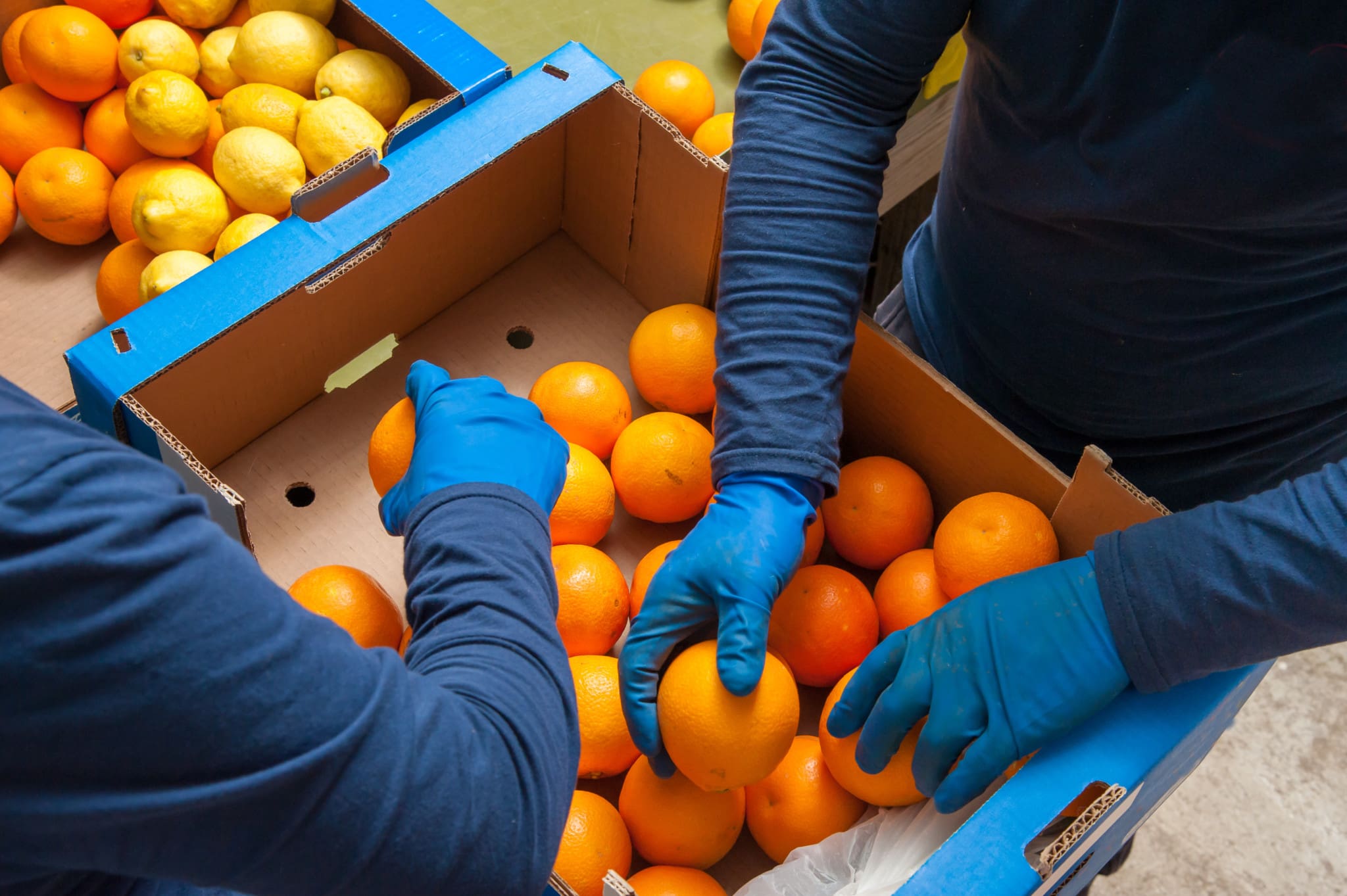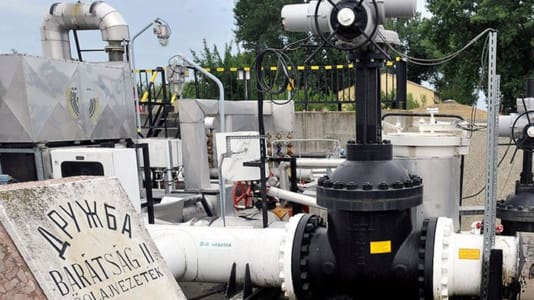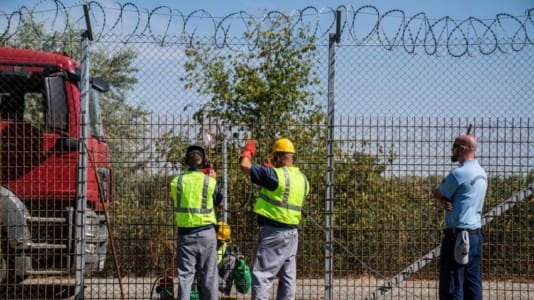The import of citrus fruits to the European Union is expected to drop significantly after recently introduced regulations resulted in tons of South African oranges and grapefruits rotting in European ports.
The new rules, which South African growers say were introduced after their harvest and therefore too late for them to adhere to, are intended to prevent an infestation of orange butterflies, also known as false moths, into the European Union.
Farmers are now expected to ensure that all oranges be subjected to extreme cold treatment and kept at a temperature no warmer than 2 degrees Celsius for at least 25 days. South African growers have contested the new regulations, insisting they are unnecessary, as the country already has sufficient means to prevent the spread of the pest.
With less supply of citrus fruits due to the burdensome regulations, fruits will inevitably become more expensive, and customers will have to pay more for them even if the suppliers fully comply with the new regulations.
In a statement, the Citrus Growers Association (CGA) of South Africa claimed that the EU has timed the new regulation for the current orange season in the southern hemisphere due to the lobbying power of Spanish fruit growers. They added that the applicable procedure is expensive and its effectiveness is also disputed.
According to the CGA’s point of view, the EU regulation violates the rules on international trade, and therefore, after the failure of negotiations with the European Commission, the association turned to the World Trade Organization (WTO) since they believe that restrictive provisions cannot be made that hinder trade when they are scientifically not well founded.
Due to the provision, a significant amount of goods were stuck in the ports, and the livelihood of 140,000 farmers was threatened.
“This is a complete and utter disaster,” CGA CEO Justin Chadwick told AFP. “Food of exceptional quality, which poses no risk, is just sitting there… It’s really a disaster.”






